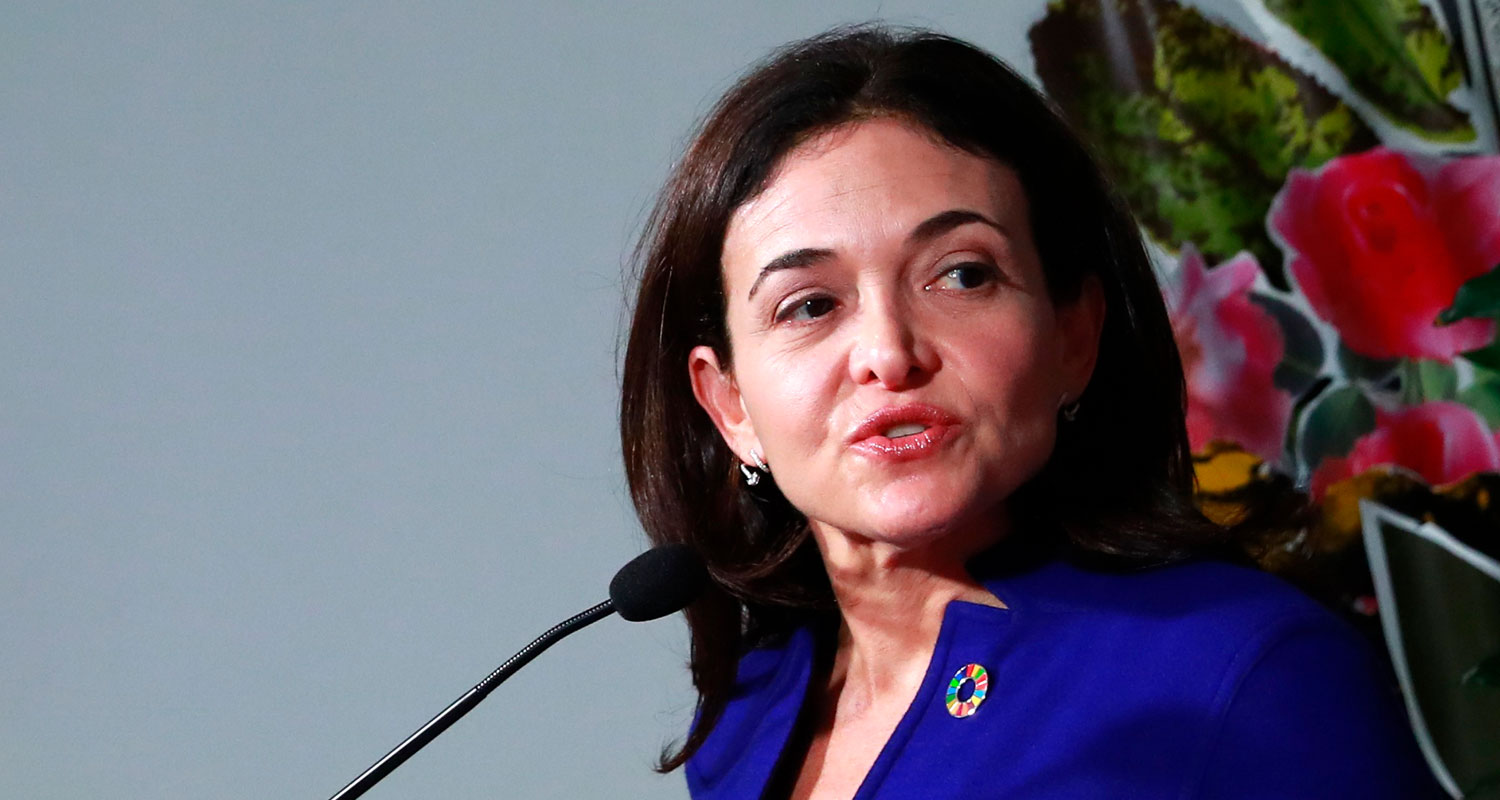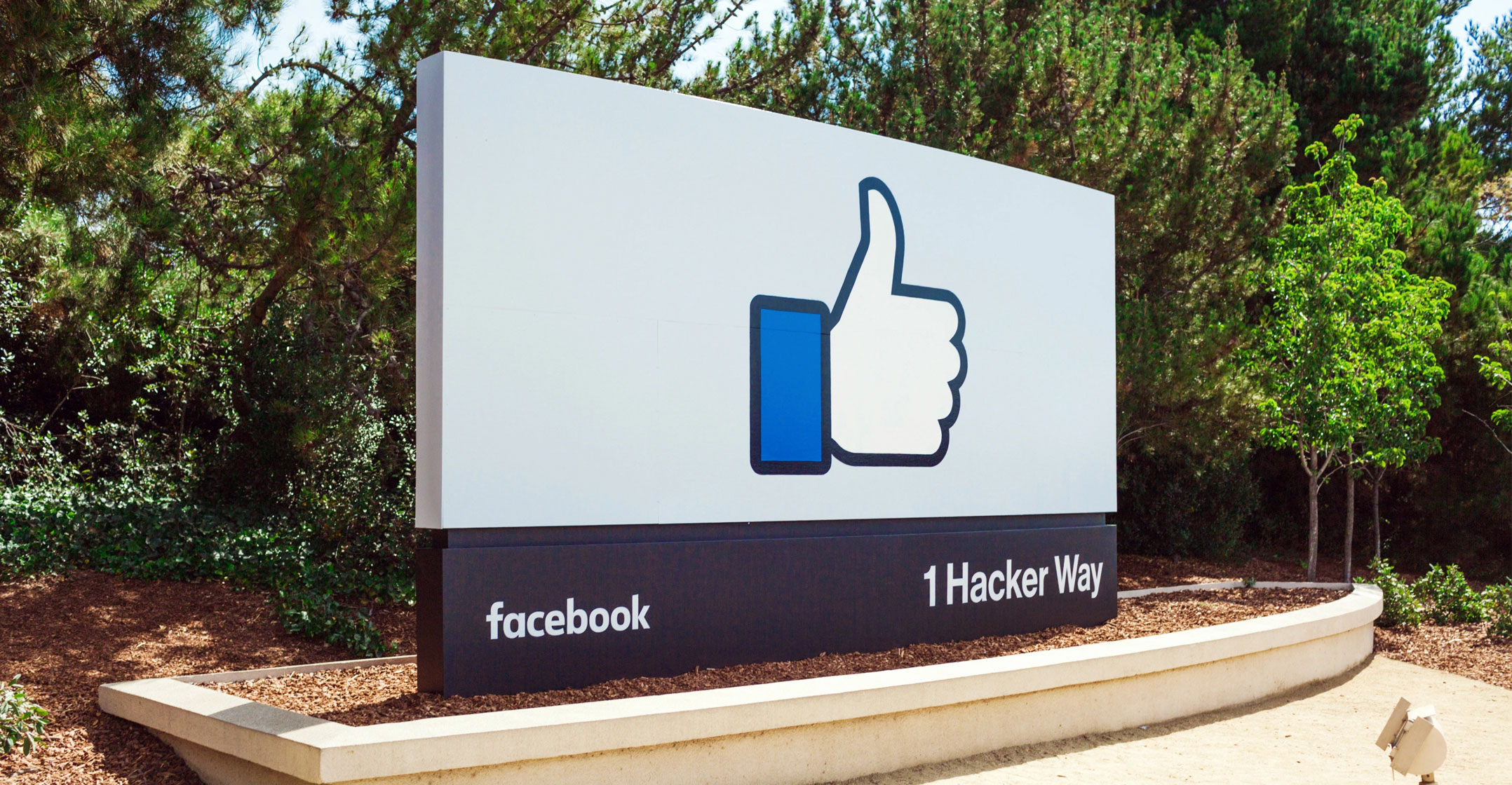
Meta Platforms chief operating officer Sheryl Sandberg, whose close partnership with CEO Mark Zuckerberg powered the growth of the world’s biggest social network, is leaving the company after 14 years, she said in a Facebook post on Wednesday.
The announcement initially sent the social media firm’s shares down 4%, but the stock was nearly flat in after-hours trade.
“When I took this job in 2008, I hoped I would be in this role for five years. Fourteen years later, it is time for me to write the next chapter of my life,” she wrote.
Chief growth officer Javier Olivan will take over as chief operating officer, Zuckerberg said in a separate Facebook post, although he added that he did not plan to replace Sandberg’s role directly within the company’s existing structure.
“I think Meta has reached the point where it makes sense for our product and business groups to be more closely integrated, rather than having all the business and operations functions organised separately from our products,” he said.
Olivan has worked at Meta for more than 14 years and has led teams handling Facebook, Instagram, WhatsApp and Messenger.
Sandberg’s departure marks an end of an era for Meta, which is shifting focus towards hardware products and the “metaverse” after years of scandals over privacy abuses and the spread of conspiratorial content on its platforms, as well as plateauing user growth on its flagship app Facebook.
Lead architect
The second-in-command to founder Zuckerberg, who was 23 years old when he hired her, Sandberg is one of the most visible executives at the company and the lead architect of its often-criticised ads-based business model.
Bringing management experience and knowledge of the then-nascent digital ads industry, she transformed Facebook from a buzzy start-up into a revenue behemoth, while also positioning herself as the face of feminism in corporate America.
At the time, Facebook was making US$272-million in revenue, for a net loss of $56-million, according to regulatory filings. By 2011, a year before the company’s initial public offering, its revenue had shot to $3.7-billion on $1-billion in profits. Meta ended 2021 with revenue of $118-billion and earnings of $39.4-billion.
Sandberg said in her post that she will continue to serve on Meta’s board after leaving the company later this year. When asked about her next steps, she said she was focusing on philanthropy at a “critical moment for women”.
“We’ve hired so many great leaders. I feel really good about that. The next leadership team is in place to take the company forward,” she said, mentioning chief business officer Marne Levine and president of global affairs Nick Clegg by name.
 Sandberg has been a staunch defender of Facebook over the course of its many controversies, consistently arguing that executives were learning from their mistakes and honing the company’s tools to better police against harmful content. She said last year that she and Zuckerberg had a responsibility to fix systems that had failed, while rejecting reports that she was losing power at the company.
Sandberg has been a staunch defender of Facebook over the course of its many controversies, consistently arguing that executives were learning from their mistakes and honing the company’s tools to better police against harmful content. She said last year that she and Zuckerberg had a responsibility to fix systems that had failed, while rejecting reports that she was losing power at the company.
“People love headlines about corporate drama, and I think it’s fair to say they particularly love headlines about sidelining women,” she said in the January 2021 interview.
Sandberg’s tenure covered both Facebook’s original settlement with the US Federal Trade Commission in 2011 for privacy violations and a subsequent blockbuster $5-billion settlement for violations of the earlier deal.
She and Zuckerberg were among those that then-commissioner Rohit Chopra said should have faced more investigation for their roles in the company’s behaviour.
Under her leadership, the company was buffeted by revelations in 2018 that UK consultancy Cambridge Analytica had improperly acquired data on millions of its US users to target election advertising. The same year, UN human rights investigators said the use of Facebook had played a key role in spreading hate speech that fuelled violence against the Rohingya community in Myanmar.
Controversies
She courted additional criticism when she told Reuters early last year she believed events around the 6 January attack on the US Capitol were largely organised on other platforms, although researchers had identified similar activity on Facebook as well.
Whistle-blower Frances Haugen late last year accused the social media giant of repeatedly prioritising profit over clamping down on hate speech and misinformation, and said her lawyers had filed at least eight complaints with the US Securities and Exchange Commission.
Prior to joining Facebook, Sandberg was vice president of global online sales and operations at Google and chief of staff for the US treasury department under former President Bill Clinton.
A Harvard University graduate, Sandberg is the author of several books, including the 2013 feminist manifesto Lean In: Women, Work, and the Will to Lead. — Katie Paul, with Gina Chon, Diane Bartz, Sheila Dang and Akash Sriram, (c) 2022 Reuters




